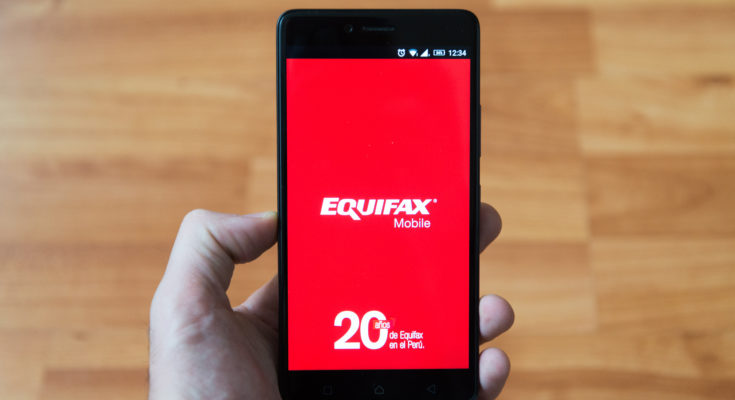The FREE Act, a bill put forward by Sens. Elizabeth Warren and Brian Schatz that would further regulate the credit reporting industry in the wake of the Equifax security breach, would harm the industry, consumers, and businesses.
The FREE Act Is Anything But
In September, consumers woke to news their social security numbers and other personal information was very possibly in the hands of cybercriminals thanks to a security failure at Equifax, a company many had never heard of before. In addition to social security numbers, the hackers made off with tens of millions of birth dates, driver’s license numbers, and, in a few cases, credit card numbers.

In the wake of this news, and with identity theft already a massive problem in the United States, politicians wasted no time drawing up legislation taking aim at the credit reporting industry, of which Equifax is one of the three biggest players. Most notably, Sens. Elizabeth Warren (D-Massachusetts) and Brian Schatz (D-Hawaii) introduced the Freedom from Equifax Exploitation (FREE) Act just a week after the news broke. Among other things, if passed into law, the FREE Act would require credit reporting agencies to
- freeze and unfreeze a consumer’s credit report without charging a fee. (A freeze means no one can view your credit history. Prior to the Equifax breach, most companies charged fees between $2 and $10 to freeze and unfreeze credit reports.) Â
- refund any fees they charged for freezing or unfreezing credit reports in the aftermath of the Equifax breach.
- provide a second free credit report to any consumer who already used her annual free report prior to the Equifax breach. (Under federal law, consumers are entitled to one free credit report yearly from each of the Big Three agencies, Equifax, Experian, and TransUnion.)
In announcing the FREE Act, Sen. Warren stated, “Credit reporting agencies like Equifax make billions of dollars collecting and selling personal data about consumers without their consent, and then make consumers pay if they want to stop the sharing of their own data. … Passing this bill is a first step toward reforming the broken credit reporting industry.”

